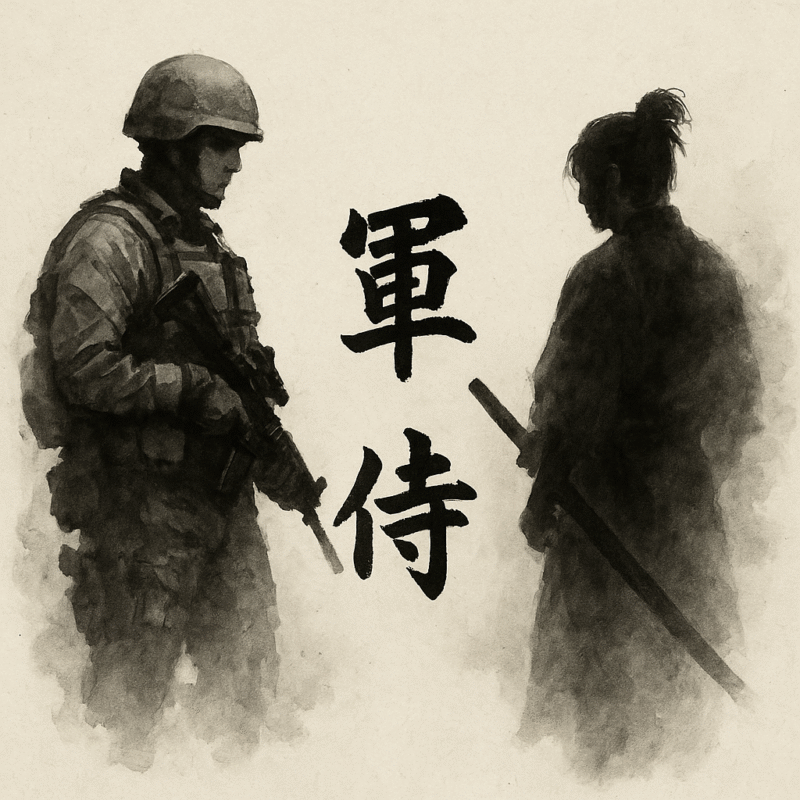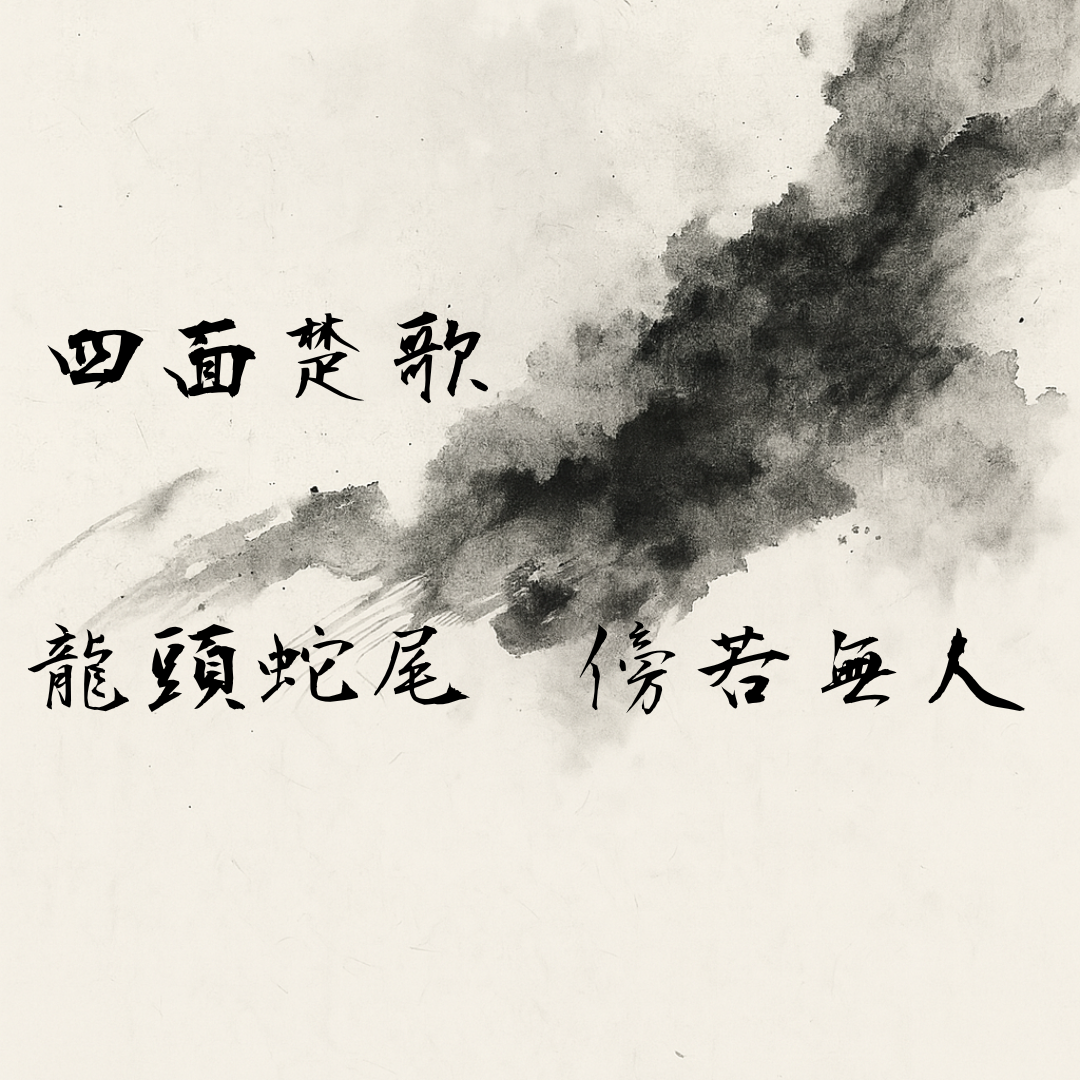When “Warrior” Becomes “Military Personnel”
If you use a translation app or dictionary to convert “warrior” into Japanese kanji, you might end up with 軍人 (gunjin) — a term that actually means “military personnel” or “soldier.”
But if what you truly meant was something like a samurai — someone who embodies honor, discipline, and inner strength — then that translation completely misses the mark.
“Warrior” Means Different Things Across Cultures
In English, warrior often implies bravery, strength, and perseverance.
But in Japanese culture, the concept of a warrior isn’t just about fighting — it’s deeply tied to historical and spiritual values.
Samurai (侍) and bushi (武士) are not simply fighters.
They represent centuries of tradition, guided by the values of Bushidō (武士道) — the way of the warrior — which emphasizes loyalty, respect, and moral integrity.
Choosing the wrong kanji can turn a powerful personal statement into something generic — or worse, completely off-target.
A Tattoo Is Permanent. So Get It Right.
A tattoo is not just art — it’s a permanent mark of who you are and what you believe.
That’s why relying on Google Translate or AI to pick a kanji character can be risky.
A single mistranslation can lead to confusion, misrepresentation, or cultural inaccuracy — especially when it comes to kanji, where even small differences can carry huge meaning.
At Tsukuyomi Ink, We Don’t Just Translate — We Interpret.
At Tsukuyomi Ink, we don’t simply give you a kanji character.
We help you understand the deeper meaning behind it — its cultural roots, historical background, and philosophical nuance.
If you’re thinking of using kanji to represent “warrior,” we’ll explain the difference between 軍人 (soldier) and 侍 (samurai) — and help you choose a character that reflects your values, not just a surface-level translation.
Honor Your Story with Authentic Meaning
If your tattoo is meant to express courage, discipline, or inner strength — don’t leave it to chance.
Work with a native Japanese expert who understands not just the language, but the cultural and emotional weight behind every stroke.
Kanji is more than just ink. It’s identity.
Let it speak your truth — clearly, correctly, and beautifully.




